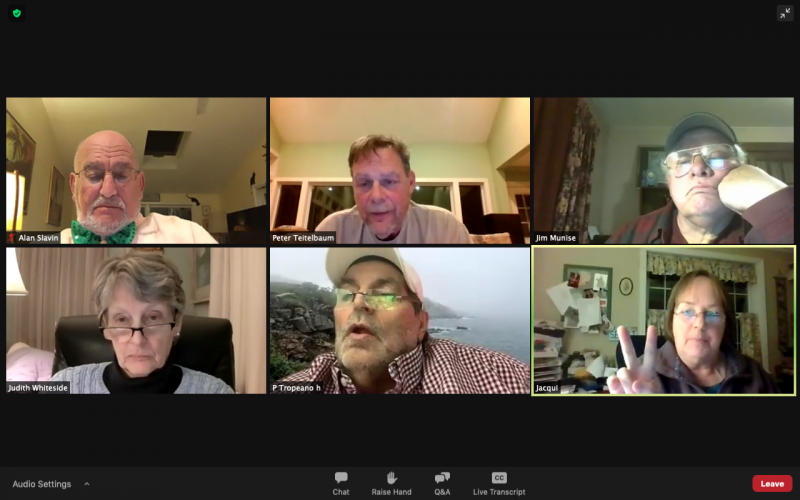Solar field related articles approved for upcoming Town Meeting
Two articles related to future solar field projects in Wareham will come before voters during the Special Town Meeting within the annual Spring Town Meeting currently scheduled for April 26.
During the Board of Selectmen’s March 16 meeting, the selectmen unanimously voted to add the articles to the warrant. Both were proposed by the town’s Director of Assessing, Jacqui Nichols.
Commercial solar taxation home rule petition
The first article proposes something called a commercial solar taxation home rule petition for Wareham. In Nichols’ presentation of the article, she explained that a commercial solar taxation home rule would ensure that all future solar projects in town are taxable.
“It does mean nobody can go before the appellate tax board and have them declare [a project] exempt [from taxes] based on outdated rules put in place in the 70s, [...] which has been done a few times, so there’s precedents set,” Nichols said.
She fears that what she described as an “outdated interpretation of the rules” by the state’s appellate tax board could cost the town revenue.
Simply getting the article approved at Town Meeting does not put the solar taxation home rule in place, however. It must be enacted by state legislators.
There is precedent for such legislation, Nichols said.
“Mattapoisett has just done this, and it was signed into law,” she said. “So the pavement’s been set and the verbage has been set.”
The selectmen voted 5-0 to put the home rule petition article on the warrant.
Borrego PILOT agreement
The second article was for a solar PILOT agreement with Borrego for the company’s proposed solar fields at 140 Tihonet Rd., 150 Tihonet Rd. and 27 Charge Pond Rd.
PILOT, which stands for Payment In Lieu Of Taxes, is a financial program where towns will give the solar companies a required payment plan. That way, the town will know what to expect for tax revenue, and the solar companies will understand their future burden. The payments are based on personal property value.
Nichols said the language was nearly the same as the town’s previous PILOT agreements.
“The PILOTs basically increase over the [20-year] term,” Nichols said. “We don’t depreciate. We actually take the first year’s term and add 2.5 percent for the 20 years.”
Because the town does not yet have the commercial solar taxation home rule, Nichols said, PILOT programs are how the town ensures it is compensated for solar projects.
“In other words, it’s get the money through the PILOT or don’t — and risk having [the project] go to [the appellate tax board] and become tax exempt,” she said.
The selectmen approved adding the agreement to the Town Meeting warrant unanimously, but its ultimate implementation will be up to voters. It also does not mean Borrego’s solar fields will be approved, Selectman Peter Teitelbaum said.
The solar fields at 150 Tihonet Rd. and 27 Charge Pond Rd. have been approved by the town, but may require approval from a state environmental board. The project at 140 Tihonet Rd. is currently awaiting a decision from the Planning Board.
“This is just to have something in place so that [...] the town is properly compensated in the event that these [fields] go forward,” Teitelbaum said.
If the home rule petition is enacted by the state legislature, future solar field proposals would not require the negotiation of these PILOT agreements. The PILOT agreements work as a piecemeal method to tax solar fields, which the home rule petition would replace with a system like that for taxing any other kind of property.












